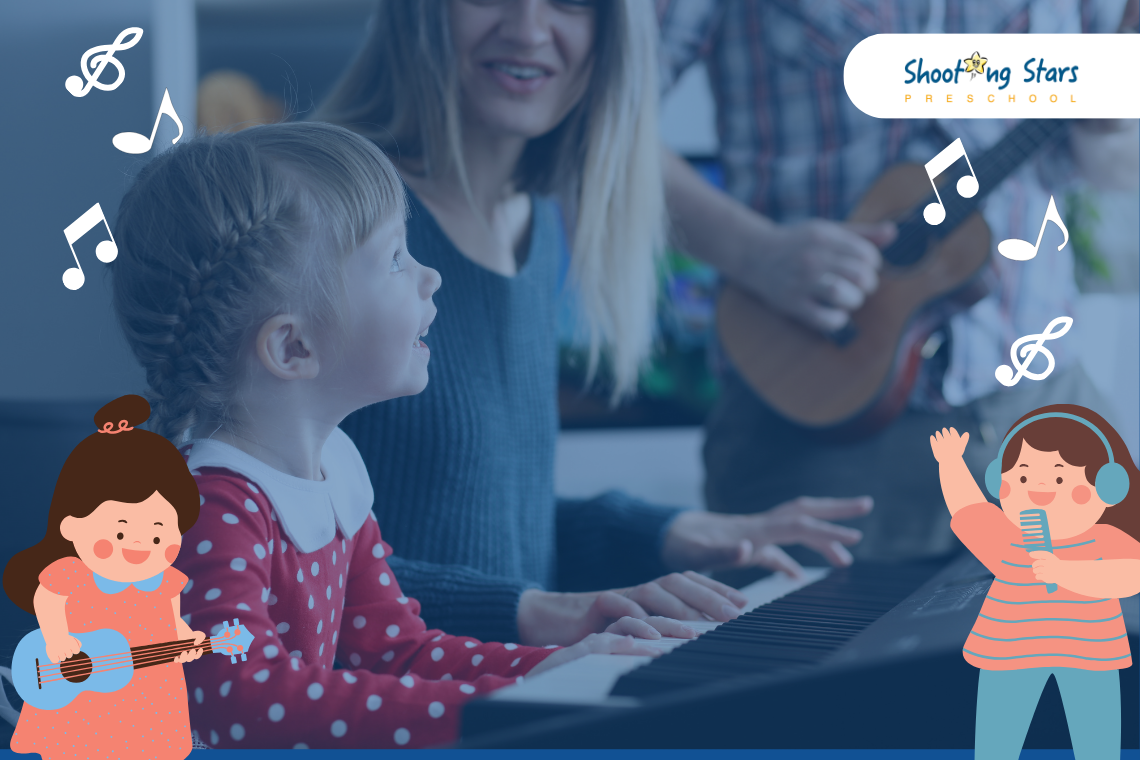|
In the symphony of life, music plays a crucial role in shaping the development of young minds. The early years of childhood are a fertile ground for learning and growth, and integrating music into a child's daily life can yield a plethora of benefits. From cognitive and emotional development to language and social skills, the importance of music in childhood development cannot be overstated. This blog explores the significance of music in child development, shedding light on the transformative impact that harmonious sounds can have on a child's holistic growth.
The rhythmic and melodic aspects of music provide a unique framework for language development. Children exposed to music tend to have an expanded vocabulary, improved pronunciation, and a deeper understanding of linguistic nuances. Singing along to songs and engaging in musical activities become enjoyable tools for language enrichment.
This freedom to explore fosters creativity and a love for learning. From lullabies soothing a crying infant to the exuberance of a toddler dancing to a favorite tune, music is an emotional language that children instinctively understand. It provides a means for expression, understanding, and regulation of emotions. The melodies and harmonies become a soundtrack to a child's emotional landscape, fostering empathy and emotional intelligence.
The Preschool in Dublin creates a positive and collaborative environment that fosters a strong parent-teacher relationship that is integral to the overall success and well-being of the children.
Why Is Music Important To Early Childhood Development?
|



